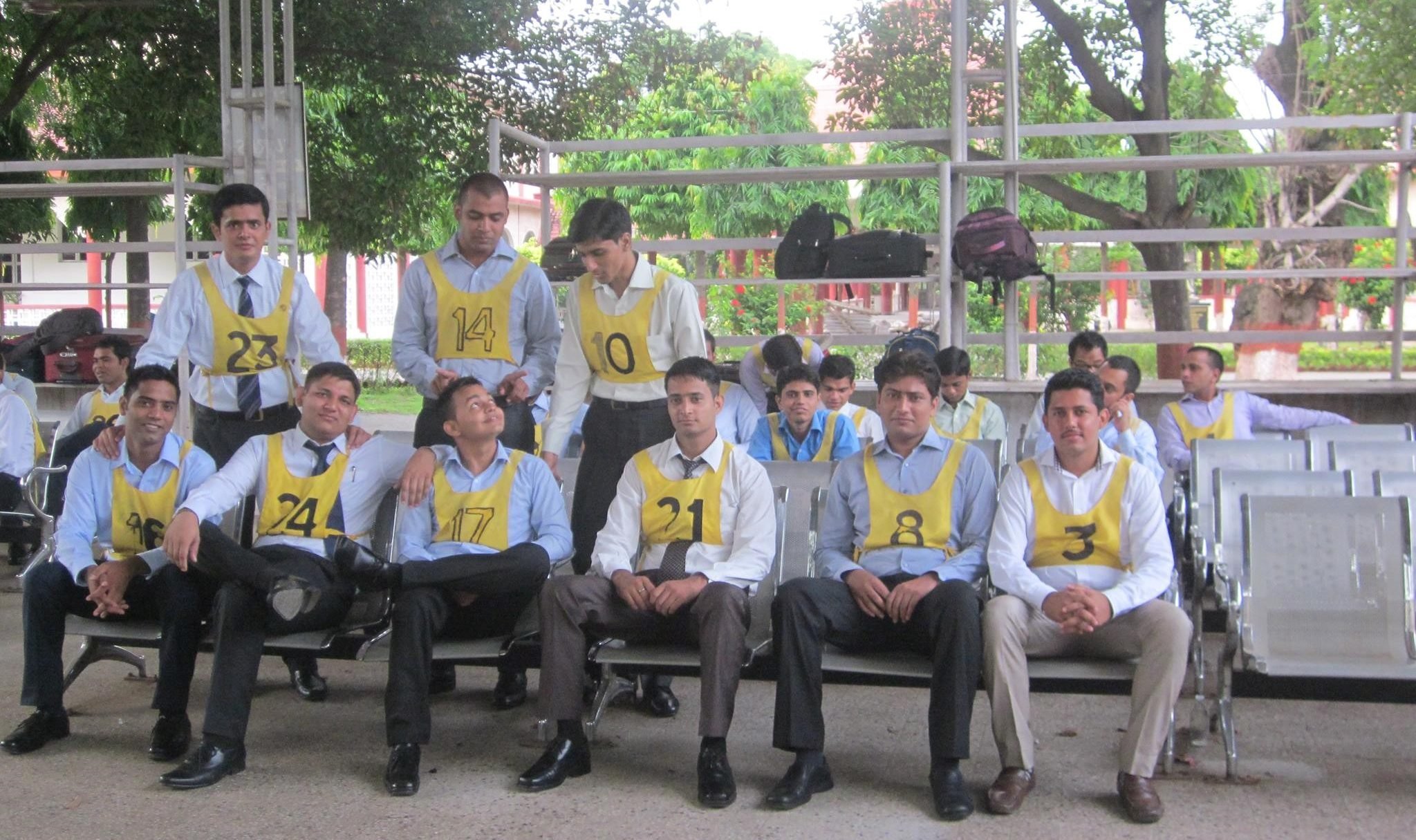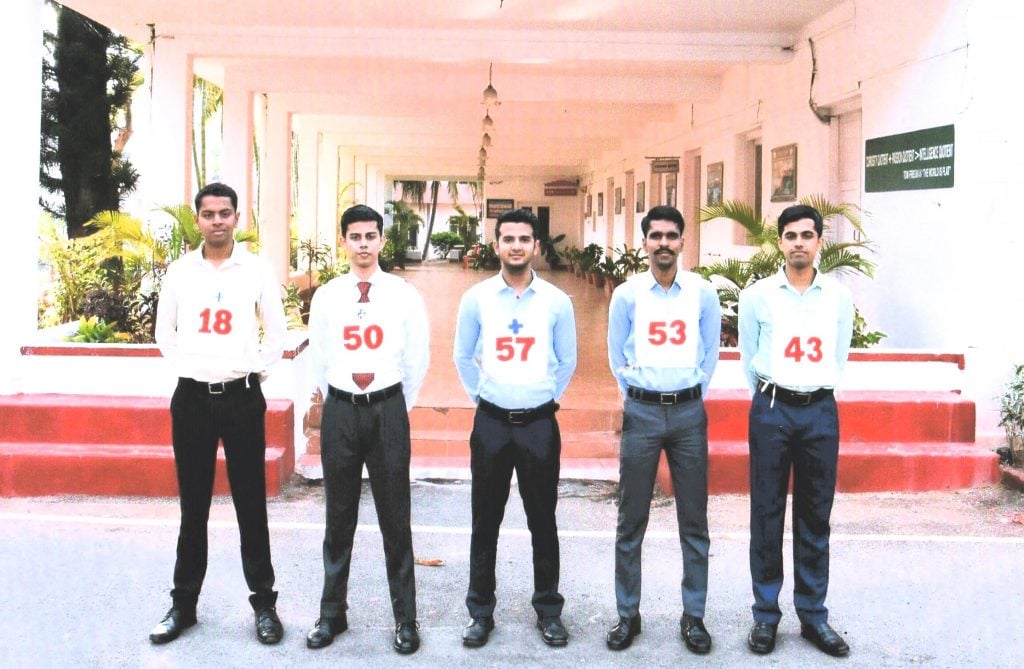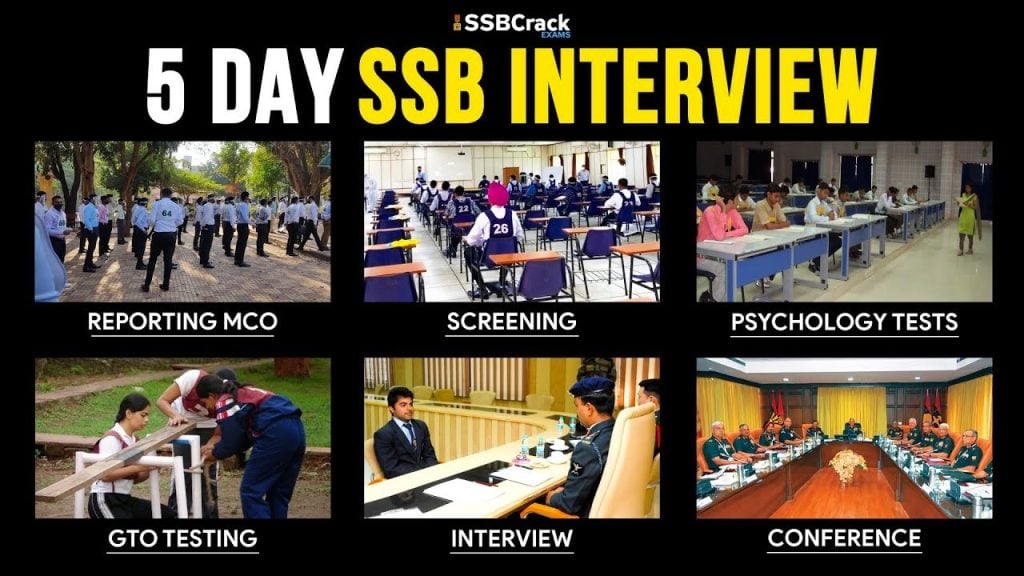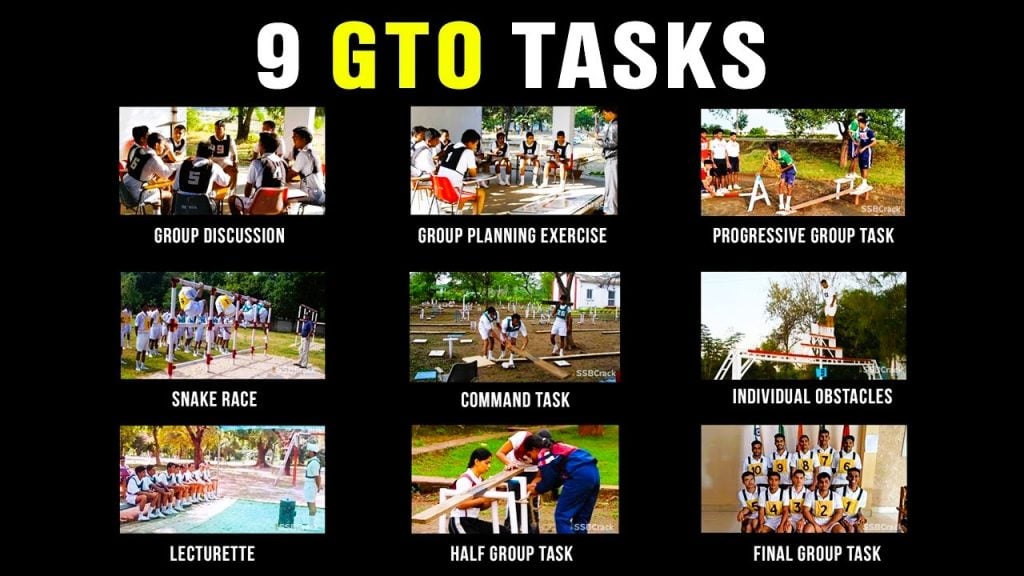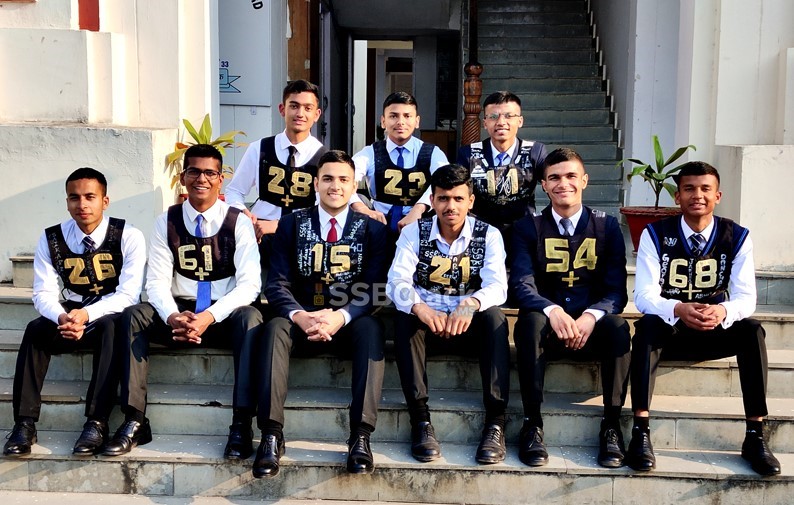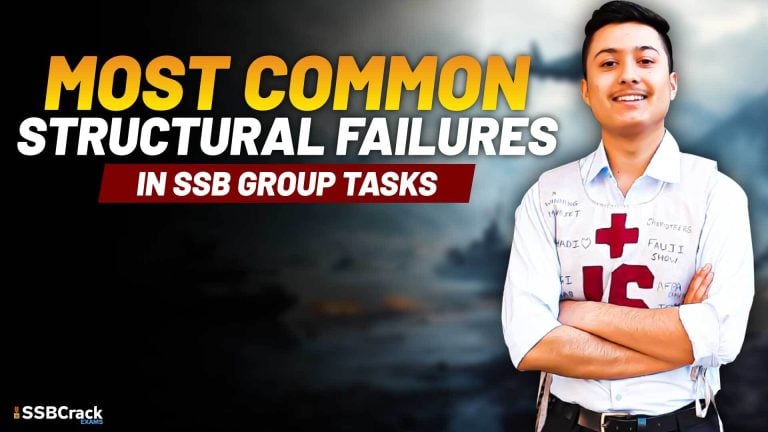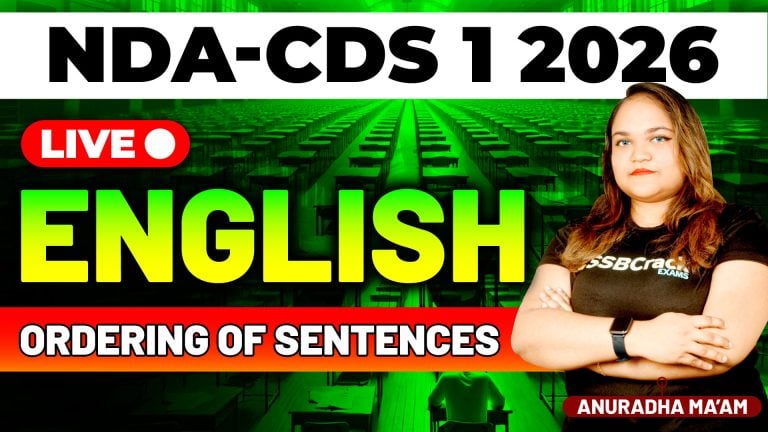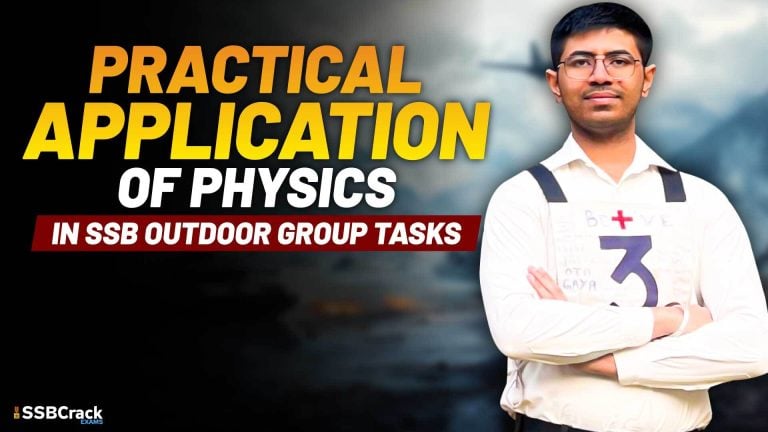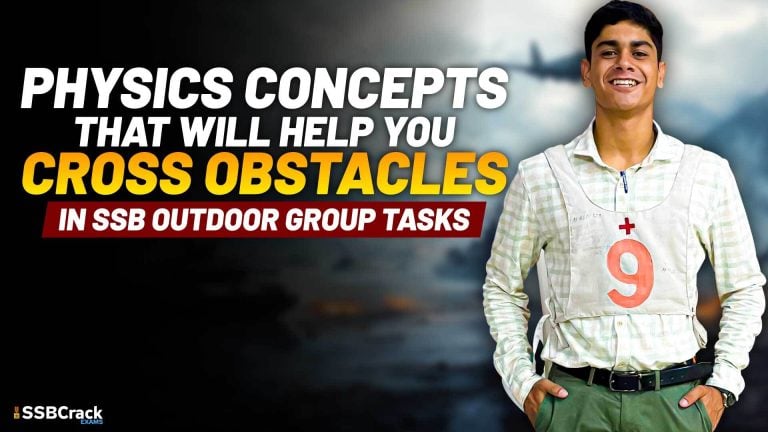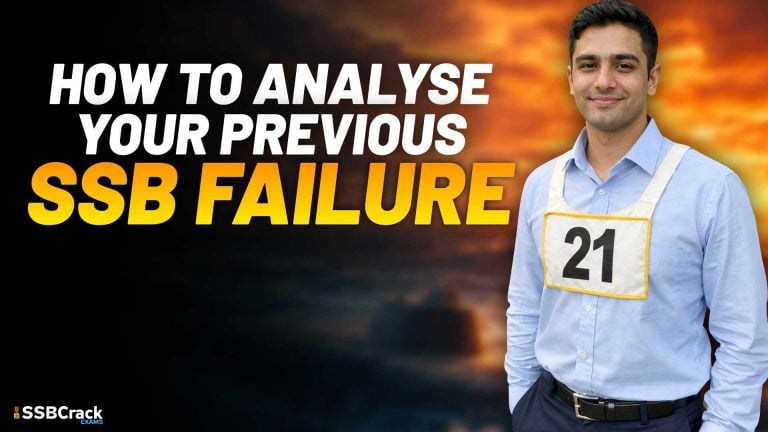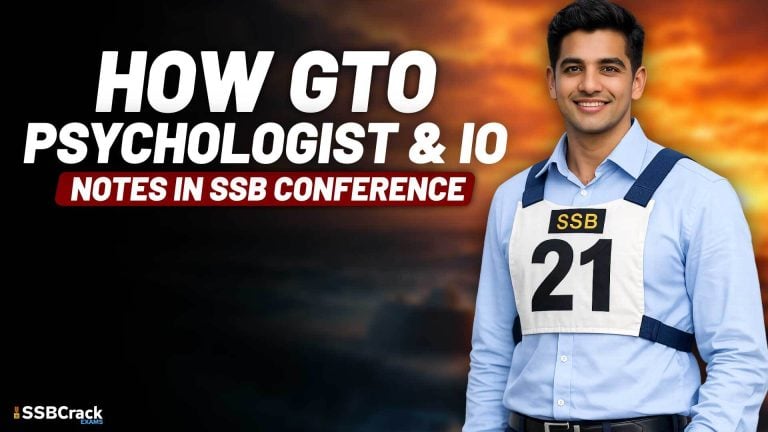Embarking on the path to serve as a commissioned officer in the Indian Armed Forces is an esteemed and coveted pursuit. At the heart of this journey lies the Service Selection Board (SSB) interview – a comprehensive, multi-stage assessment that evaluates an individual’s suitability for officer training.
As a seasoned defense aspirant, you may have heard whispers about the rigorous nature of this process, but do you truly understand What to Expect in Your 5-Day SSB Journey? Fear not, for we are here to guide you through every step, ensuring you are well-prepared to navigate this critical milestone with confidence.
Also Read | Why Communication Skills Matter in SSB Interview
Overview of the SSB Interview
The SSB interview is a meticulously designed selection process conducted by the Indian Armed Forces to identify the most suitable candidates for officer training. This comprehensive assessment spans across 5 days and is divided into two distinct stages, each with its own set of evaluations and challenges. The first stage is the Screening Process, where candidates are put through a series of tests to assess their cognitive abilities, problem-solving skills, and interpersonal dynamics. Those who successfully clear this stage then proceed to the more intensive Stage II Testing, which delves deeper into the candidates’ psychological, physical, and leadership potential.
| Component | Details |
|---|---|
| Purpose | Assess candidates for officer roles in the Indian Armed Forces. |
| Selection Process | Multiple stages: Screening, Psychological Test, Group Testing, Interview, and Conference. |
| Stage (I) | Includes Officer Intelligence Rating (OIR) and Picture Perception and Description Test (PP & DT). |
| Stage (II) | Comprises stages like interview, Psychology Tests, Group Testing Tasks, and Conference. |
| Conducted By | Indian Army, Navy, and Air Force for respective candidates. |
| Location | Various SSB centers across India. |
| Types of SSB | SSB for Army, SSB for Navy, and AFSB for Air Force. |
| Duration | Varies, typically spanning 5-6 days. |
| Total Marks | 900 |
| Evaluation Criteria | Assess candidates’ suitability for leadership, teamwork, and adaptability. |
| Components | Includes Psychological Tests, Group Discussions, Outdoor Tasks, and Personal Interviews. |
| Result | Successful candidates proceed to officer training academies. |
| Website | Varies as per the armed force conducting the SSB. |
Stage I: The Screening Process
Dress Code and Arrival
The SSB interview process begins with the Screening Process, where candidates are required to report to the designated SSB gate or railway station, as mentioned in their call-up letter. Upon verification of the necessary documents, each candidate will be assigned a unique chest number. Candidates are expected to be dressed in formal attire for this stage, setting the tone for the professional and disciplined environment that will prevail throughout the assessment.
Officer Intelligence Rating (OIR) Tests
The first order of business in the Screening Process is the Officer Intelligence Rating (OIR) Tests. These tests are designed to evaluate the candidates’ verbal and non-verbal reasoning abilities, measuring their cognitive sharpness and problem-solving skills. Candidates will be provided with OMR (Optical Mark Recognition) sheets to mark their responses, and they must listen carefully to the instructions provided by the test administrators to ensure they complete the tests within the allotted time.
Picture Perception and Description Test (PPDT)
Following the OIR Tests, candidates will participate in the Picture Perception and Description Test (PPDT). This test is divided into two parts: perception and discussion. In the perception part, candidates will be shown a picture (often blurry or hazy) for 30 seconds, after which they will have one minute to record their observations, including the number of characters, their gender, mood, and the action taking place in the picture. Candidates will then be given 4.5 minutes to write a story based on their observations.
Group Discussion (GD)
After the PPDT, candidates will be sorted into groups based on their chest numbers and called one by one for the Group Discussion (GD) test. In this test, each candidate will be given one minute to narrate the story they wrote during the PPDT, and then the group will engage in a discussion to form a common story, which will be presented by a selected group member.
Announcement of Results
Upon completion of the Group Discussion, the results of the Screening Process will be announced, and the shortlisted candidates will be asked to stay back for the Stage II Testing, while the remaining candidates will be sent home.
Also Read | How Defence Aspirants Can Tackle Challenges Effectively
Stage II: The Intensive Testing
Day 2: Psychological Tests
The Stage II Testing begins on the second day with a series of psychological assessments, including the Thematic Apperception Test (TAT), Word Association Test (WAT), Situation Reaction Test (SRT), and Self-Description Test (SDT). These tests delve into the candidates’ thought processes, personality traits, and emotional intelligence, providing the assessors with a comprehensive understanding of their psychological profile.
Days 3 and 4: Ground Testing Officer (GTO) Tasks
The next two days of the Stage II Testing are dedicated to the Ground Testing Officer (GTO) tasks, which evaluate the candidates’ physical abilities, problem-solving skills, and teamwork. These tasks include Group Discussions, Group Planning Exercises, Group Obstacle Races, Progressive Ground Tasks, Half-Group Tasks, Lecturettes, Individual Obstacles, and Command Tasks. Each of these challenges is designed to assess the candidates’ leadership potential, adaptability, and ability to work effectively in a team.
Personal Interview
Interspersed throughout the Stage II Testing, candidates will also undergo a Personal Interview, where they will be questioned about their family, academic background, extracurricular activities, hobbies, interests, and their understanding of the armed forces. This interview provides the assessors with a deeper insight into the candidate’s personality, motivations, and suitability for a career as a commissioned officer.
Conference Day
The final day of the SSB interview process is the Conference Day, where all the assessors gather to discuss the performance of each candidate and determine their suitability for officer training. During this conference, the assessors may ask the candidates additional questions to clarify any doubts or concerns they may have. The recommended candidates will then be directed to undergo medical examinations, while the remaining candidates will be sent home.
Preparing for the SSB Interview
Cracking the SSB interview requires a comprehensive and strategic approach. Candidates must not only possess the necessary academic and physical qualifications but also develop a strong understanding of the assessment process, hone their problem-solving skills, and cultivate a well-rounded personality. To achieve this, we recommend enrolling in our SSB Interview Online Course, which provides detailed guidance, expert-led training, and comprehensive practice exercises to help you navigate the 5-day SSB journey with confidence.
Also Read | Top 9 Exercises for Women Defence Aspirants to Strengthen Upper Body
Conclusion
The SSB interview is a transformative experience that challenges candidates to push the boundaries of their capabilities. By understanding the intricacies of this multi-faceted assessment and preparing diligently, you can increase your chances of securing a coveted position as a commissioned officer in the Indian Armed Forces. Embrace the journey, stay focused, and let your determination shine through – the path to serving your nation awaits.
FAQs
Q1. Is there a language barrier in the SSB interview?
No, there is no language barrier in the SSB interview. Candidates may speak in Hindi, English, or a mixture of both, but not in any other language.
Q2. Can female candidates also apply for the SSB interview?
Yes, female candidates are eligible to apply for the SSB interview and can be selected for officer training across all three branches of the Indian Armed Forces.
Q3. What is the dress code for the SSB interview?
The dress code for the SSB interview is formal attire for the Screening Process and Stage II Testing, except for the Ground Testing Officer (GTO) tasks, where candidates are required to wear all-white clothing (t-shirt, shorts, socks, and shoes).
Q4. How long does the Personal Interview last?
The duration of the Personal Interview can vary, but it is typically around 40 minutes, though it may stretch to an hour or be as short as 5 minutes for some candidates.
Q5. What happens if a candidate is recommended for officer training?
If a candidate is recommended during the SSB interview, they will be directed to undergo medical examinations. Upon successful completion of the medical tests, the candidate will be eligible for officer training in the Indian Armed Forces.
